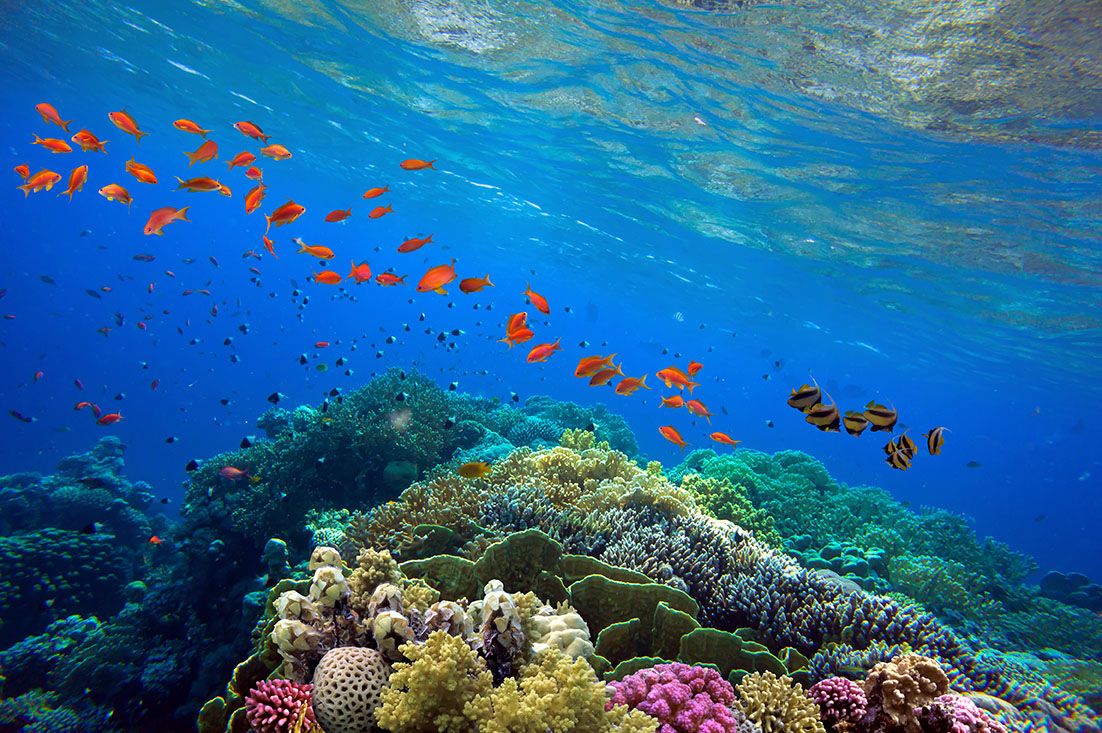
ecosystem
Definition
An ecosystem is a community of living organisms and their physical environment. The living organisms in an ecosystem are called the biotic components, and the non-living components are called the abiotic components.
The biotic components of an ecosystem include plants, animals, fungi, bacteria, and other microorganisms. The abiotic components of an ecosystem include the soil, water, air, sunlight, and climate.
The biotic and abiotic components of an ecosystem interact with each other in a complex way. For example, plants need sunlight to grow, and animals need plants to eat. The water cycle is also an important part of many ecosystems, as it provides water for plants and animals to drink.
Ecosystems can be very different from each other. For example, a forest ecosystem is very different from a desert ecosystem. However, all ecosystems have one thing in common: they are all interconnected.
The health of an ecosystem depends on the interactions between the biotic and abiotic components. If one component is damaged, it can have a ripple effect on the entire ecosystem. For example, if a forest is clear-cut, the animals that live in the forest will lose their homes. This can lead to a decline in the population of the animals, which can then have a negative impact on the plants in the forest.
Ecosystems are important because they provide us with many benefits. For example, ecosystems provide us with food, water, and air. They also help to regulate the climate and to protect us from natural disasters.
It is important to protect ecosystems because they are fragile and can be easily damaged. We can protect ecosystems by reducing pollution, conserving resources, and sustainable development.
How can the word be used?
The coral reef ecosystem is under threat from climate change.

Different forms of the word
Noun: ecosystem, ecological system, biosystem.
Adjective: ecological, ecologic.
Synonym: biosphere, environment, nature.
Antonym: pollution, destruction, devastation.
Etymology
The word "ecosystem" was coined in 1935 by the British ecologist Arthur Tansley. It is a combination of the words "ecology" and "system.".
Question
Describe an ecosystem.
AQA Science Exam Question and Answer
Question:
Explain the concept of an ecosystem and its components. Describe the interactions between living organisms and their physical environment within an ecosystem. Provide examples of different types of ecosystems and the significance of their biodiversity in maintaining ecological balance and supporting life on Earth.
Answer:
An ecosystem is a dynamic and interconnected community of living organisms, including plants, animals, and microorganisms, as well as their physical environments, such as soil, water, and climate. The components of an ecosystem work together, forming complex interactions and dependencies.
Living organisms within an ecosystem rely on each other for survival. Producers, such as plants, convert sunlight into energy through photosynthesis, which sustains the entire ecosystem. Consumers, like herbivores and carnivores, feed on other organisms, maintaining population balances and regulating energy flow.
Ecosystems can vary greatly in size and characteristics, ranging from a small pond to a vast tropical rainforest. Each type of ecosystem harbours unique species, contributing to biodiversity. Biodiversity is crucial for ecosystem stability, as diverse communities can better adapt to environmental changes and support the well-being of all living organisms, including humans. Understanding ecosystems aids in environmental conservation and sustainable management of natural resources, ensuring a harmonious coexistence between humans and the natural world.